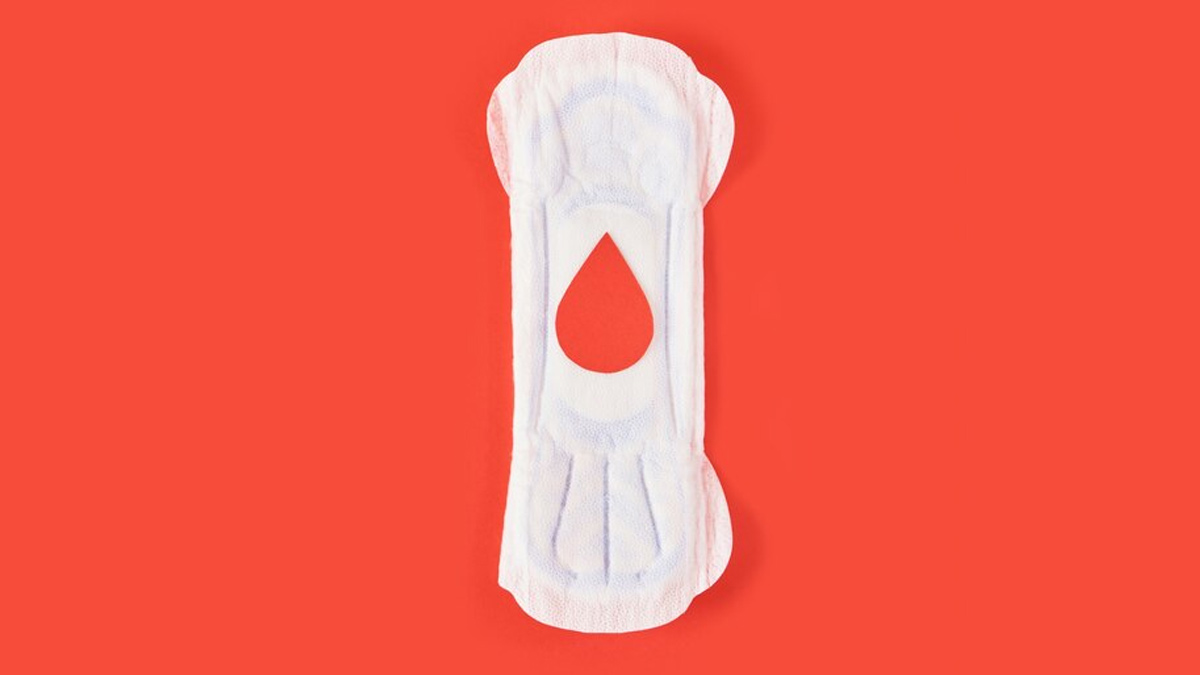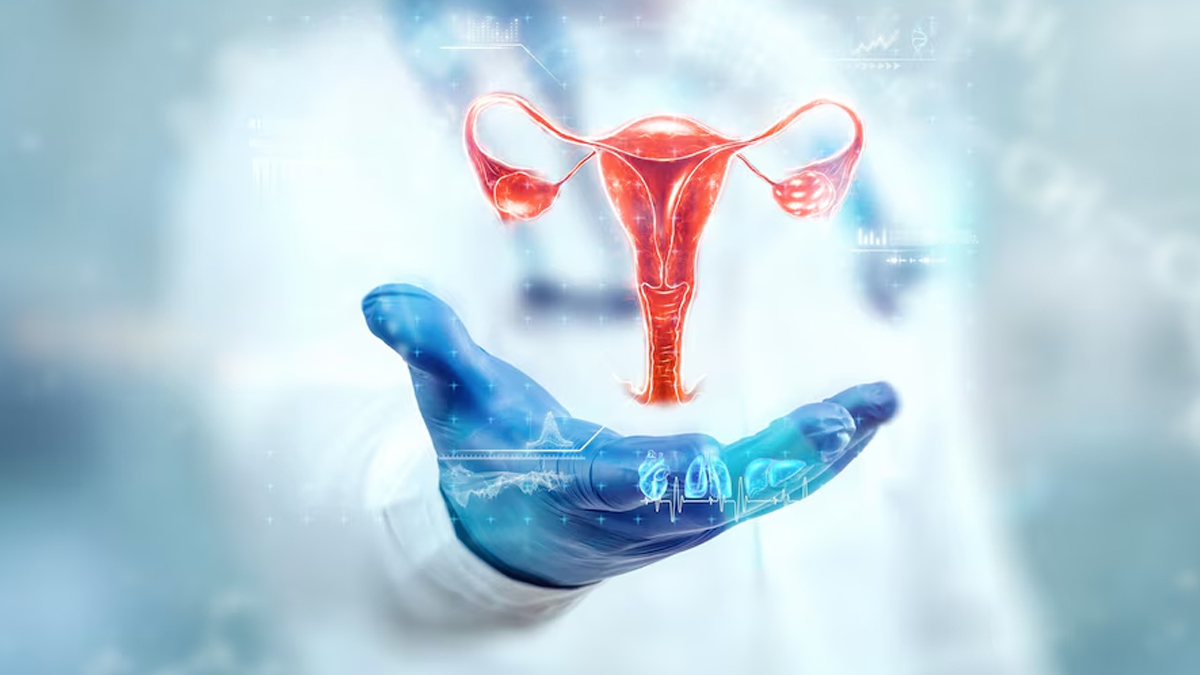
Fluctuations in our periods or deviations in the way our body behaves when we are on our period can be anxiety-inducing. One such deviation can be noticing blood clots in our period blood. Explaining the potential causes of blood clots during menstruation, Dr Anuja Thomas, Consultant, Obstetrician & Gynaecologist, Motherhood Hospital, Kharghar, Mumbai spoke to the Onlymyhealth team.
Table of Content:-
What Causes Blood Clots During Menstruation?
Dr Thomas explained that it is not uncommon for women to experience blood clots during their menstrual cycle. “Small blood clots are normal and are not a matter of concern. However, the big blood clots in your period blood could be a sign of underlying health issues such as hormonal imbalances or uterine fibroids,” she said.

Talking about these health conditions, Dr Thomas listed:
- Hormonal Changes: During menstruation, the body experiences hormonal changes. If there is an imbalance in estrogen and progesterone levels, it can affect the regulation of the menstrual flow and cause blood clots.
- Endometriosis: As per the World Health Organisation, endometriosis is a painful disorder where tissue similar to the lining inside the uterus grows outside the uterus.
- Uterine Fibroids: The Office on Women’s Health defines uterine fibroids as noncancerous growths of the uterus that often appear during childbearing years.
- Lifestyle Factors: Factors like obesity, absence of physical activity, or smoking can increase the risk of developing blood clots during periods.
That is why “ It’s essential to keep an eye on the clot size or frequency, as these could be signs of a more serious problem that requires urgent attention,” suggested Dr Thomas.
Dr Thomas also shared a list of factors that can increase your chances of experiencing blood clots during menstruation:
- Hormonal imbalances disrupting the normal menstrual cycle
- History of blood clotting disorders
- According to Johns Hopkins Medicine, polycystic ovary syndrome is a hormonal disorder causing enlarged ovaries with small cysts on the outer edges.
- Weight gain

Treating Blood Clots During Menstruation
Dr Thomas said that if you experience any of the following symptoms along with blood clots during periods, immediately seek medical evaluation:
- Weakness
- Low haemoglobin
- Excessive pain affecting quality of life
- Bleeding more than 5-7 days
- Abnormally heavy flow needing pad changes frequently
She warned that sometimes the cause of blood clots could be an undiagnosed pregnancy. “Often women may not recognise or realise that they are pregnant and think that the blood clots they are experiencing are due to menstruation. Such pregnancy-related bleeding and blood clots need the earliest diagnosis and urgent medical assistance. In such a case, a delay in diagnosis or care can be life threatening,” she said, stressing the need to check blood clots immediately.
Listing the ways to treat blood clots during menstruation, she listed:
- Nonsteroidal anti-inflammatory drugs (NSAIDs)
- Birth control pills
- Implants or intrauterine hormonal device
- Surgical interventions like endometrial ablation, fibroid removal or hysterectomy, which is the removal of the uterus
Also Read: Did You Know Irregular Or Absent Periods Can Indicate High Prolactin Levels? Here’s What It Is
Dr Thomas concluded that by managing underlying health issues like uterine fibroids, endometriosis, hormonal imbalances, obesity, or PCOS by consulting a doctor for proper diagnosis and treatment, you can tackle blood clots during menstruation and improve your well-being.
Also watch this video
How we keep this article up to date:
We work with experts and keep a close eye on the latest in health and wellness. Whenever there is a new research or helpful information, we update our articles with accurate and useful advice.
Current Version